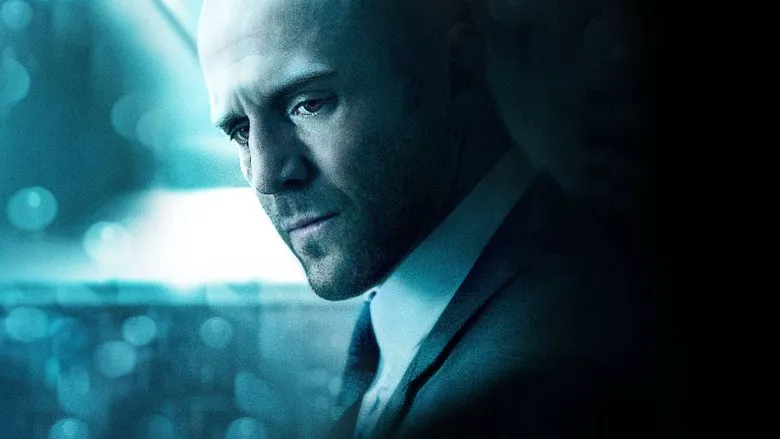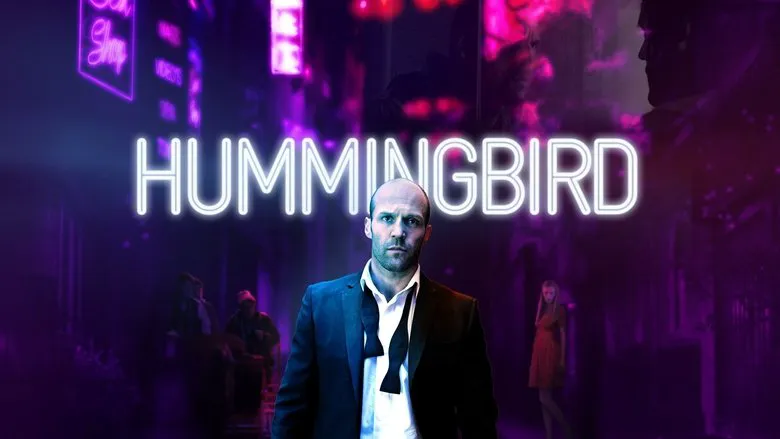From Special Forces to Street Thug: A Dark Descent in “Hummingbird”
After the harrowing experience of war in Afghanistan, Special Forces soldier Joey Jones (Jason Statham) returns home, a broken man haunted by his past. He finds himself adrift, living as a homeless vagrant, struggling to survive on the unforgiving streets. While fleeing a violent encounter, he stumbles into a vacant luxury apartment, the temporary absence of its wealthy owner offering an unexpected refuge. Confronted by the stark reality of his situation, symbolized by a provocative photograph, he drowns his sorrows in vodka and makes a fateful decision: to embrace a life of crime.

The Mind Behind the Mayhem
The screenplay for “Hummingbird” comes from the pen of Steven Knight, the acclaimed writer behind such gritty dramas as Stephen Frears’ “Dirty Pretty Things” and David Cronenberg’s “Eastern Promises.”
Initially, the film cleverly subverts expectations. The opening scene, featuring a disheveled and balding Jason Statham, suggests a familiar trajectory: the inevitable transformation into a clean-cut, action-ready hero. Statham does indeed shed his unkempt appearance, adopting a sharp, tailored look. However, the anticipated explosion of violence remains surprisingly subdued. Even as the broad-shouldered veteran finds employment with Chinese mobsters, his actions are marked by a detached professionalism. He collects packages, nods curtly, and moves on. A swift jab to the gut for a recalcitrant client is delivered without passion, lacking the usual glint in his eye.

Knight’s Directorial Vision
Currently, Knight is immersed in his second directorial endeavor, “Locke,” starring Tom Hardy.
In his directorial debut, the seasoned screenwriter and chronicler of London’s underbelly deliberately avoids relying on his star’s established persona. Fans expecting Statham’s signature brand of action might find themselves disappointed. The actor, known for his on-screen brawls, spends much of the film grappling with past traumas and existential angst, while simultaneously developing a tender relationship with a sharp-featured nun (Agata Buzek).

A Disjointed Narrative?
Agata Buzek’s most recognized role outside of Poland is in Peter Greenaway’s “Nightwatching.”
Chinese illegal immigrants, drug dealers, ballerinas, drunken binges, and respectable tormentors of prostitutes populate the film’s landscape. It feels as though the script pages were shuffled haphazardly, with half of them discarded at random. While the plot ostensibly revolves around the search for the killer of a homeless woman, the filmmakers constantly divert our attention. Normally, narrative coherence is praised, but how many formulaic Statham action films already exist? It seems they’ve mastered the art of self-replication, churning out two per year. To truly rediscover this stoic British actor on screen requires a deliberate disruption of expectations.
And for such a purpose, trading a shotgun for a bottle of vodka is a worthwhile sacrifice.